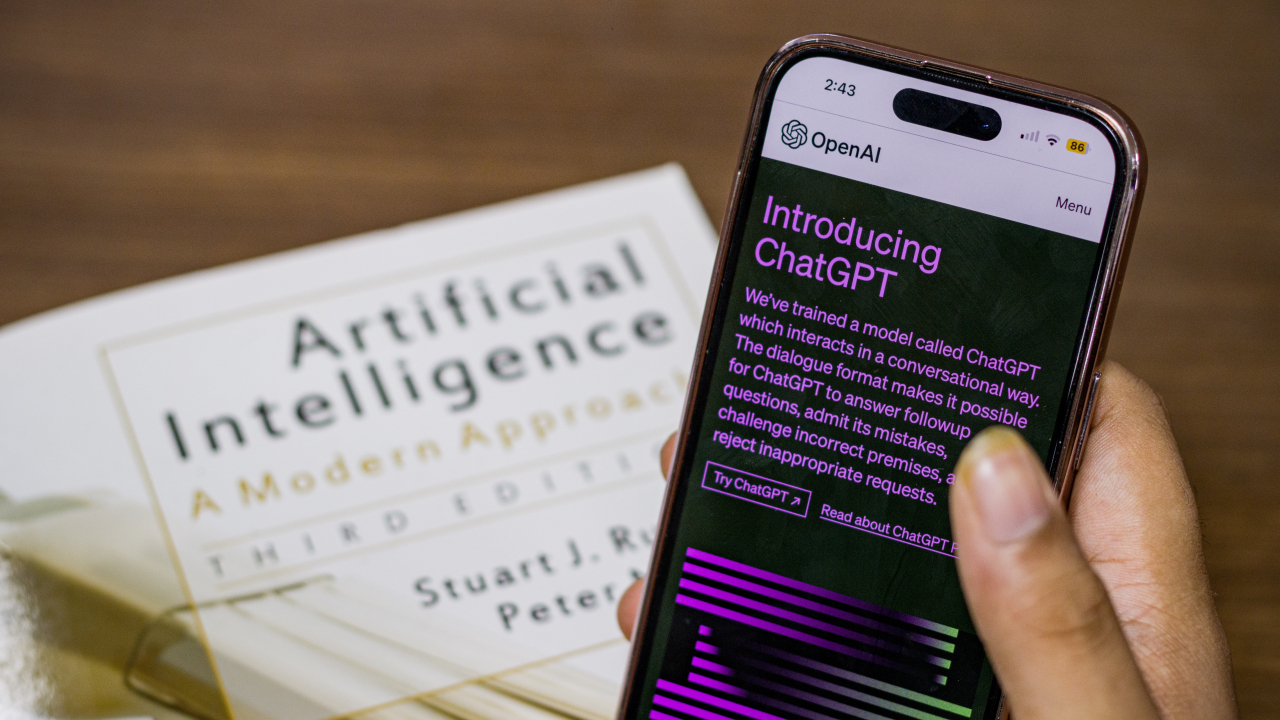Embracing the Power of AI for the start of a new academic year: Revolutionizing K-12 Education

AI improves our lives through every aspect of industry; optimizing logistics, detecting fraud, composing art, conducting research, providing translations, and many other tasks.In the fast-paced world we live in, where technology is rapidly evolving, the field of education must adapt to keep pace with the changing needs of students. Artificial Intelligence (AI) has emerged as a powerful tool that has the potential to revolutionize K-12 education. With its ability to process vast amounts of data, personalize learning experiences, and augment teacher capabilities, AI holds the promise of creating a more effective and engaging educational environment for both teachers and students.
So, how can we harness this power to drive outstanding practices for the new and upcoming academic year?
One of the significant advantages of AI in K-12 education is its capacity to provide personalized learning experiences for students. Each student has unique strengths, weaknesses, and learning styles, and AI can help tailor educational content to meet their individual needs. AI-powered adaptive learning platforms can analyze student data, track their progress, and deliver personalized instruction and feedback. By identifying knowledge gaps, offering targeted interventions, and adjusting the pace and complexity of learning materials, AI empowers students to learn at their own pace, fostering greater engagement and understanding. Some of the better tools to achieve this, such as Kinteract, SIMS or ISAMS, can transform the way a teacher delivers lessons and truly tailor learning trajectories for success. A similar technology is being used by Duolingo, the popular language learning tool, where trajectories are designed based on the learner’s input on a day to day basis.
Stay up to date
Subscribe to the free GESS Education newsletter and stay updated with the latest insights, trends, and event news every week. Your email address will remain confidential

